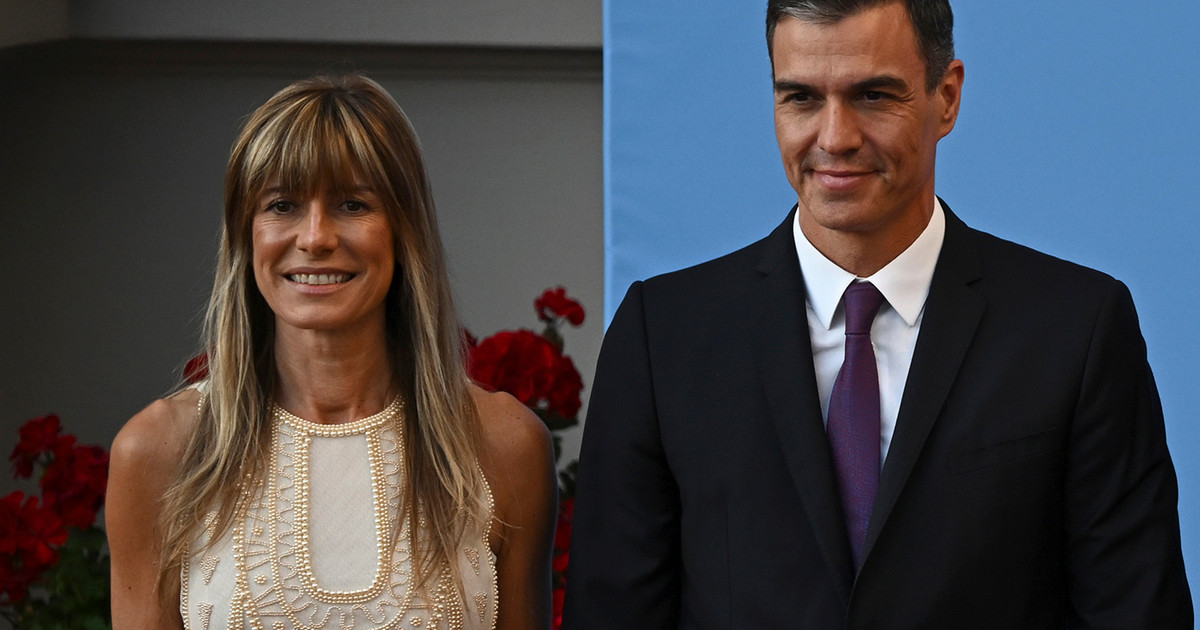Making grocery lists, writing down the week’s tasks, writing down the pros and cons in the face of an embarrassing situation. Writing can make the routine simpler, streamline work processes and help solve problems that seem like a big puzzle.
The list of benefits is long and it still has one more item: the therapeutic. Writing can also be used as a complementary method that improves the quality of life of patients undergoing treatment for cancer, cardiovascular or neurodegenerative diseases.
Difficult experiences transformed into spoken or written language can alleviate the distressing feelings of those who are going through the difficult experience of a serious illness.
“Therapeutic writing is about writing freely about your thoughts, feelings and situations. There is no single correct way, and the process must be natural and in the best way that it can express its contents. The practice stimulates creativity, in the sense of solving our conflicts and problems. The process of writing about our content makes it possible to organize, understand and accept ourselves better, in addition to bringing relief by minimizing uncomfortable feelings and emotions”, says clinical psychologist Ricardo Milito, scientific director of Instituto Bem do Estar.
The specialist says that therapeutic writing contributes to the process of self-knowledge, which can pave the way for lifestyle changes and improvements in mental health.
“One of the best ways to practice self-knowledge is to write about your emotions, thoughts and questions, to lay out your dysfunctional problems and feelings as well as your reflections on life. When we write down what we think, feel and how we act, it becomes easier to be aware of and evaluate all of this”, he says.
diary of an anguish
Written during the treatment of life-threatening illnesses, three diaries of patients and family members who managed to recover make up the book “diary of an anguish ”, from the publisher Máquina de Livros, released this month.
The reports are from journalist Mauro Ventura, who had a cerebrovascular accident (CVA) at age 31, journalist Luciana Medeiros, who had a bone marrow transplant, and doctor and psychiatrist Fernando Boigues, who accompanied his daughter facing a brain tumor at 26 years.
The authors state that the idea for the book came in 2018, during an event in the health area in which Mauro Ventura spoke about the experience of a stroke, alongside his father, journalist Zuenir Ventura.
Commenting that he had written a diary during his hospitalization, one of the doctors present, Fernando Boigues, said that he had done the same, but during the hospitalization of his daughter Fernanda. From that meeting, Mauro invited Luciana Medeiros, who had also written a diary during the bone marrow transplant to treat a Manto lymphoma, to the book.
Although similar in format and purpose, the diaries were originally written in different media: by Fernando, in a school notebook, by Luciana, in a blog, and by Mauro, in loose papers.
In the first part of the book, there are the three stories – “The book of Nanda” (Fernando Boigues), “Diário do Manto” (Luciana Medeiros) and “Notes of a mind in disarray” (Mauro Ventura) – and the presentation by Andrew Solomon, author of world bestsellers such as “The Noonday Demon – An Anatomy of Depression” and “Far from the Tree”.
“This book sets out to explain how to regain a healthy mind when your body has let you down. It’s a guide for your spirit that shows you how to bridge the treacherous gap between a body under attack and a mind triumphant. And a triumphant mind often serves not only to heal itself, but also to help the body it occupies,” writes Solomon in the book’s introduction.
Humanization of Medicine
In the second part, the work brings testimonials from eight health professionals about the importance of communication with patients and the humanization of medicine.
They are reports of Margareth Dalcolmo (pulmonologist), Christian Dunker (psychoanalyst), Lorraine Veran (clinical and palliative physician), Luiz Roberto Londres (cardiologist) Margaret Waddington Binder (psychoanalyst and psychosomaticist), Mauro Fantini (biomedical doctor, professor and clown), Ivan Santana (neurosurgeon) and Chrystina Barros (Health Executive).
“In medical practice, it’s not us who makes the diagnosis, it’s the patient; that’s what he tells us”, says pulmonologist Margareth Dalcolmo, from the Oswaldo Cruz Foundation (Fiocruz), in Rio de Janeiro, in her statement.
THE CNN public health management researcher Chrystina Barros says that she discovered breast cancer during the Covid-19 pandemic.
“I was happy to contribute to this project beyond my role as a professional, telling a little bit about my experience as a patient, in the middle of the pandemic, discovering breast cancer. What for some may be an irony of fate, because I worked for more than seven years with oncology, I received it as a gift because I was able to navigate my entire line of care, have all the assistance from another perspective, while at the same time easier”, he says.
Chrystina says that, despite the remarkable accounts present in the work, the main message of the authors is hope.
“I knew what was happening and all this, without a doubt, impelled me to seek to know about happiness, which is exactly the other point after we experience anguish and suffering, it is exactly the emotion we seek and hope to have. in the balance of life. It is a book that exposes a lot of feelings, fragility and roles that we can have as a patient, family and professional, but all of us in our humanity. This is the great contribution to talk about anguish, but leaving a positive message”, he adds.
Source: CNN Brasil
I am an experienced journalist and writer with a career in the news industry. My focus is on covering Top News stories for World Stock Market, where I provide comprehensive analysis and commentary on markets around the world. I have expertise in writing both long-form articles and shorter pieces that deliver timely, relevant updates to readers.






